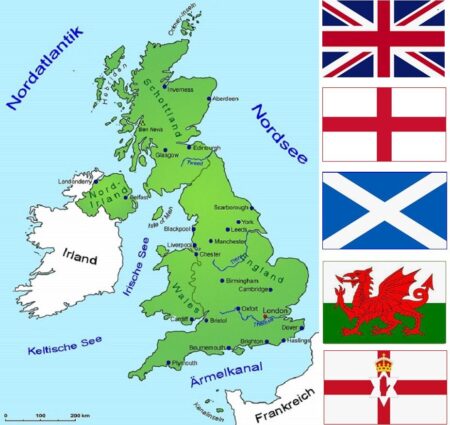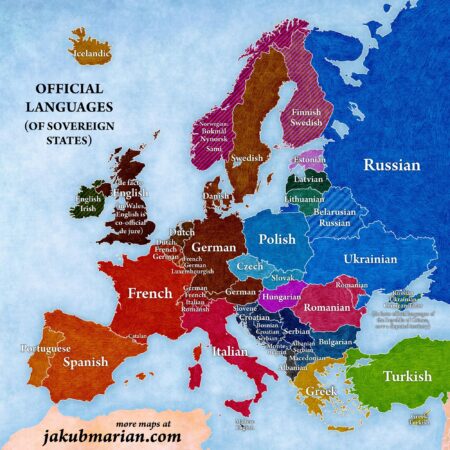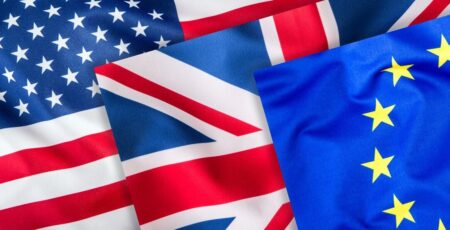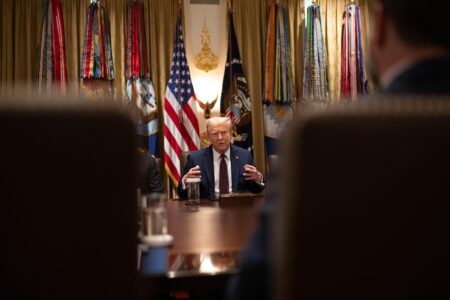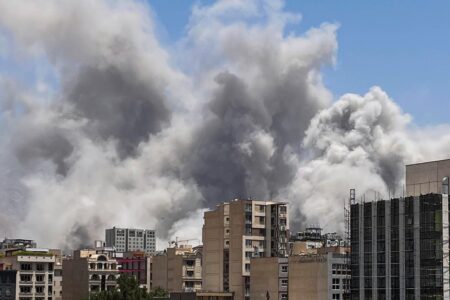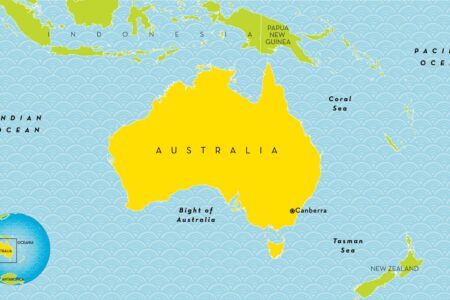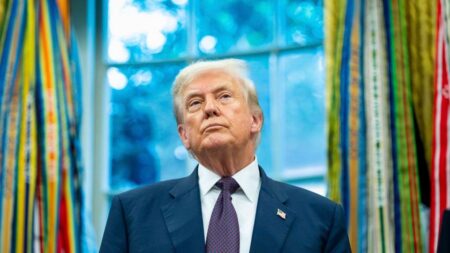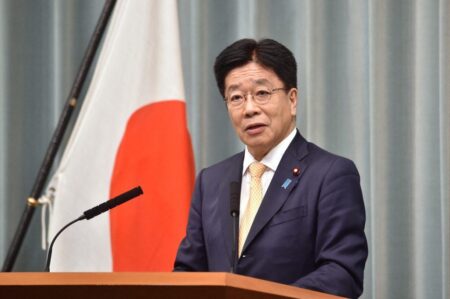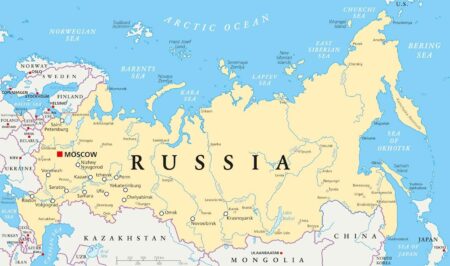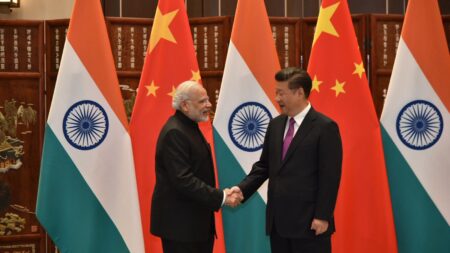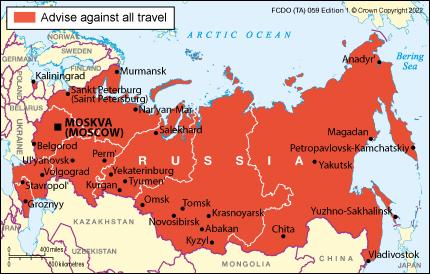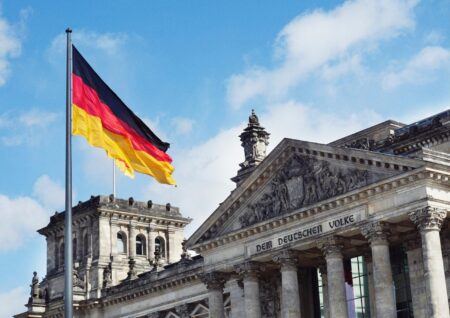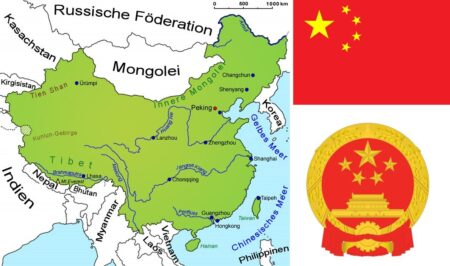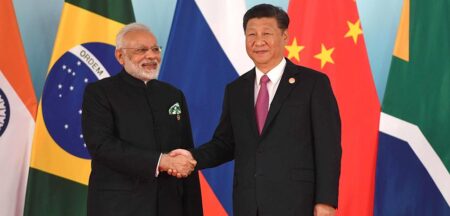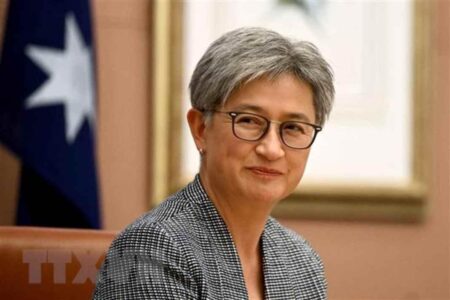The United Kingdom, France, and Germany have ramped up pressure on Iran by reimposing sanctions, shining a sharp spotlight on concerns over its nuclear ambitions and escalating regional aggression-raising the stakes in global diplomacy like never before
Browsing: foreign policy
European powers are intensifying pressure on Iran, threatening new UN sanctions as nuclear talks stall. Al Jazeera cautions that this move could heighten tensions and narrow the chances for a diplomatic breakthrough
The UK, Germany, and France have taken a bold leap by triggering UN sanctions on Iran, accusing Tehran of violating the nuclear deal. This powerful move intensifies global pressure on Iran like never before
Germany, France, and the UK have taken a bold stand by pushing to reinstate sanctions on Iran, sparking fresh concerns about its nuclear ambitions. This move intensifies the already high tensions as negotiations over Tehran’s nuclear program continue to stall
The Trump administration responded quietly to Russia’s attack on Kyiv, drawing fierce criticism from European allies who condemned Washington’s cautious stance amid escalating tensions in Eastern Europe
Iran has vowed a swift and powerful response following Australia’s expulsion of its ambassador, escalating the diplomatic showdown. This latest move further widens the divide between the two nations, with Tehran condemning Australia’s action as a blatant provocation
Australia has charged Iran with orchestrating antisemitic attacks on its soil and announced plans to expel the Iranian ambassador in response. The government is determined to strengthen security measures to protect its Jewish community
Former President Trump expressed his frustration after believing he had made significant progress in the Russia-Ukraine negotiations, only to see Russian President Putin suddenly retreat, sources told AP News
Japan’s government spokesperson emphasized that JICA’s Africa initiative focuses on development cooperation-not immigration. Rather than accepting immigrants, the program is dedicated to providing support and fostering growth, NHK reported
Russia’s top diplomat has confirmed that no meeting is on the horizon between President Putin and Ukrainian President Zelensky, underscoring ongoing tensions and stalled diplomatic efforts, The New York Times reports
France has called in the US envoy following a letter highlighting a sharp rise in antisemitism across the country, intensifying diplomatic tensions over the handling of hate crimes, according to USA Today
Indian Prime Minister Narendra Modi engaged in a crucial meeting with China’s top diplomat, signaling a promising breakthrough as these two Asian powerhouses work to heal their tense ties amid urgent regional and global challenges, reports AP News
Russia is intensifying its diplomatic efforts in India as ties with the US cool down. Moscow is keen to strengthen economic and military partnerships, signaling a bold strategic pivot toward New Delhi amid a rapidly changing global landscape
Germany’s unwavering commitment to Israel remains a cornerstone of its foreign policy, deeply anchored in historical responsibility and a robust strategic alliance amid the ever-changing dynamics of the Middle East. Yet, critics urge for a more balanced and nuanced strategy
France has issued a bold warning of a powerful response if Israel moves to shut down its consulate in Jerusalem – a vital institution for maintaining diplomatic ties with the Palestinians. This move escalates tensions amid the region’s ongoing conflicts
China is navigating a delicate balancing act following its top diplomat’s visit to India, aiming to ease tensions while boldly advancing strategic ambitions amid fierce regional rivalry and escalating global pressures, Bloomberg reports
Tensions skyrocket as France’s President Macron boldly declares his intention to recognize a Palestinian state, sparking a fierce diplomatic showdown with Israel. This provocative move has unleashed sharp criticism, deepening the already fragile rift between the two nations
China’s top diplomat Wang Yi urged China and India to embrace partnership over rivalry, emphasizing that cooperation and mutual respect are key to boosting regional stability, Reuters reports
The U.S. Department of State’s 2024 Country Report on Human Rights Practices uncovers urgent challenges in Brazil, highlighting alarming police violence, ongoing battles for indigenous rights, and mounting threats to freedom of expression amid escalating political tensions
Human Rights Watch urges the Australian Foreign Minister to prioritize human rights during the upcoming visit to Vietnam, emphasizing the critical need to address press freedom and political repression in their bilateral talks

